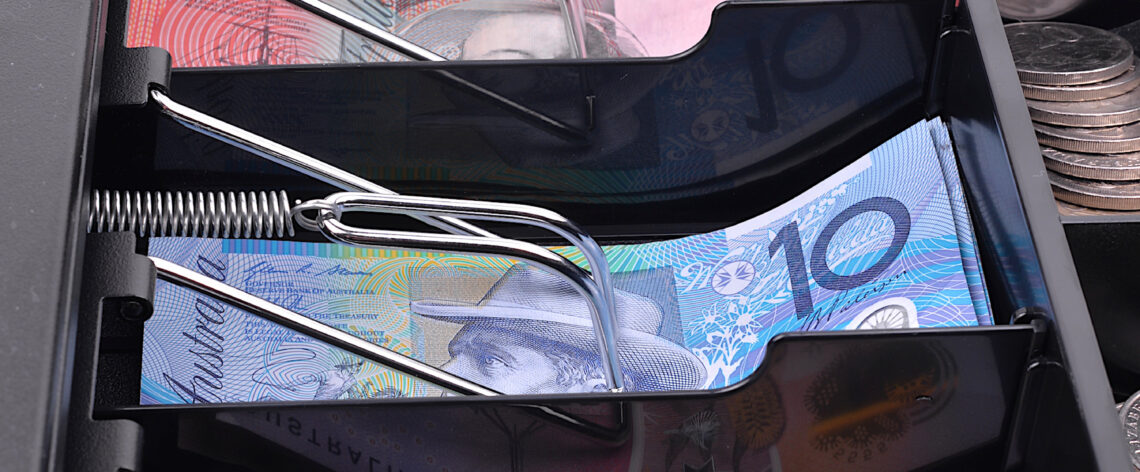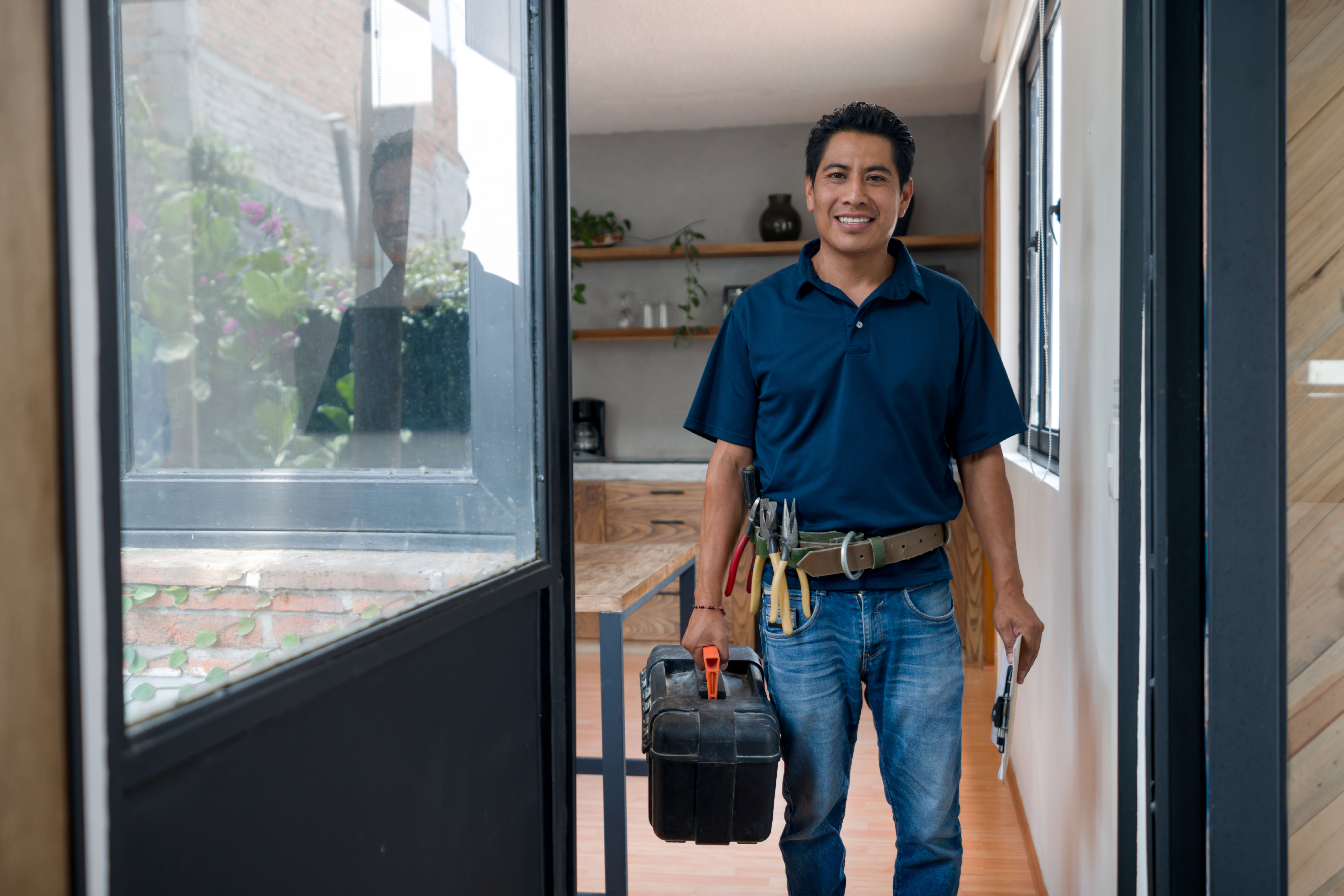As a sole trader, you are your own boss and are responsible for your own finances.
Every dollar counts when running a business, and being able to save money can make a big difference in your success.
But saying that you want to scrimp and save and actually doing it are two different things.
You may be an expert in what you do, but for many saving doesn’t come easy.
Still, there is no need to panic. Building good saving habits takes time.
Here are 6 tips for sole traders to help save money.
Hopefully, you can look back at this moment in a couple of months and realise how much money you’ve saved.
- Keep track of your expenses
One of the easiest ways to save money as a sole trader is to keep track of your expenses.
Not knowing the ins and outs of your cashflow and your financial position will only lead to unnecessary spending.
Consider tracking everything from office supplies to travel expenses.
By keeping track of your expenses, you can ensure that you are not overspending and that you are claiming all of the tax deductions that are entitled to your sole trader business.
There are a variety of tools and apps that can help you with expense tracking.
For instance, you can use cloud accounting software such as Xero to manage your finances, track your expenses, and generate financial reports.
You can also use expense tracking apps such as Expensify or Shoeboxed to easily snap photos of receipts and manage your expenses on the go.
- Save on office space
The beauty of being a sole trader is that you don’t necessarily need a fancy office space – it’s often just you and your equipment.
Working from home can be a great way to save money on rent, utilities, and other office expenses.
By working from home, you can also take advantage of tax deductions for your home office expenses.
If you do need to meet clients or customers, consider using shared office spaces or co-working spaces.
These spaces can provide all the amenities of a traditional office, but at a fraction of the cost.
You can also network with other professionals and potentially build new business relationships while working in these co-working spots.
- Outsource tasks
As a sole trader, it’s often tempting to do everything yourself.
While you may be a jack-of-all-trades, you will likely be seen as a master of none as your time and resources are stretched thin.
Outsourcing tasks can be a great way to save money in the long run.
For example, if you’re not a tech-head and you’re not sure how to do website design, outsourcing this task to a web designer could save you time and money compared to doing it yourself.
Similarly, outsourcing tasks such as bookkeeping, social media management, or content creation can free up your time and resources to focus on core business activities.
When outsourcing tasks, make sure to do your research and choose reliable and affordable service providers.
- Use online tools and software to boost productivity
As you may have noticed by now, time is money. It therefore pays to make use of your time.
There are a variety of online tools and software that can help you save money on your business operations.
For example, you can use project management tools such as Trello or Asana to streamline your workflow and reduce the time and effort required to manage your projects.
You could also use cloud storage services such as Google Drive or Dropbox to store and share files with your team or clients instead of by email.
These services could help avoid the cost of physical storage, reduce the risk of losing important documents, and allow you to access your files whether your operating from your co-working space or the coffee shop.
- Generate efficiency elsewhere
If your sole trader business operates from home, using energy-efficient appliances and equipment can help you save money on your energy bills.
Switching to LED light bulbs, which use less energy and last longer than traditional light bulbs, and investing in energy-efficient office equipment, such as laptops, printers, and scanners, could reduce your energy consumption and save you money in the long run.
- Protect your assets with sole trader insurance
One way to save money as a sole trader is to reduce the likelihood and impact of one-off costly events.
Sole traders often carry greater personal risk compared to those that work in a company as there is no legal distinction between themselves and their business.
This means that a sole trader’s personal finances and savings can get entwined in liability claims brought against the business – which is the opposite of what you want when trying to save money.
While you can mitigate some risks yourself, others are harder to remove.
For example, if a customer gets injured or damages their property because of your business activities, you might want to consider Public Liability insurance, which is designed to provide financial protection in such circumstances.
For Public Liability cover and other types of insurance for sole traders, click here.
Get saving today!
The expenses can really start to stack up when you’re a sole trader. But through some good habits and commitment to your bottom line, you can begin to see some extra zeroes in your bank account.
Hopefully, these 6 tips can set you and your sole trader business on the path to financial freedom.
This information is general only and does not take into account your objectives, financial situation or needs. It should not be relied upon as advice. As with any insurance, cover will be subject to the terms, conditions and exclusions contained in the policy wording. © 2023 BizCover Pty Limited, Public Liability Australia is a business name of BizCover Pty Ltd (ABN 68 127 707 975; AFSL 501769)



